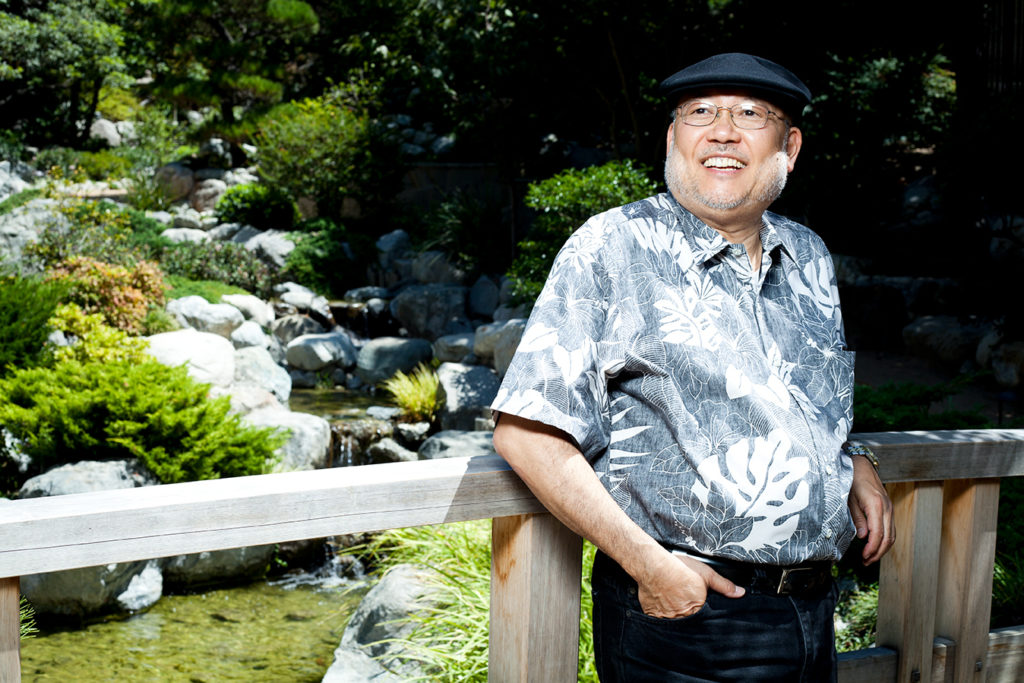
For more than 23 years, J.D. Hokoyama was president and CEO of Leadership Education for Asian Pacifics (LEAP), an organization he helped cofound that develops leaders in the Asian and Pacific Islander communities in the United States and abroad. He retired in November 2011. We sat down with Hokoyama to talk about acculturation, social media and his views as an immigrant of the proverbial American melting pot.
If you had to boil down what you learned during your time at LEAP to three things, what would they be?
First, leadership starts with being comfortable with who you are. Second, I learned you have to follow your passion because that’s going to be infectious. Finally, I learned that effective leadership is empowering other people. That, to me, is the key to leadership.
How did your two years in the Peace Corps in Ethiopia transform you?
It forced me to have a global vision, one that I never understood before while living here in America. My Peace Corps experience made me understand that the world is both very simple and very complex. It’s simple in the sense that people around the world all want the same thing: They want to be happy, they want to have a family, they want freedom. But obviously, every culture has a very complex society, and you need to understand that people think a certain way because of who and where they are. The other thing I learned is that the greatest gift you can give to another person is hope.
Why are you so committed to the ideal of being present?
I learned it in the Peace Corps in Ethiopia. Whenever you visit with Ethiopians, they put down everything and visit with you very much in the moment. Too often in today’s world, we’re consumed by many distractions. We’re never in the present.
That approach to life is attractive, but in our society, social media play a big role in being present with one another. Have you found a balance between the two?
I don’t use social media at all. I don’t want to connect with people in that way. I want to talk to people directly. So for me the right balance is that
I don’t think about that at all.
You’ve cautioned other immigrants against thinking that assimilation is the way to become part of their new society. Why?
If you’re different, you cannot assimilate. It just doesn’t work. The point is not assimilation but acculturation. I understand that I may be different, but at the same time, I have to understand how things are done differently. You’re never going to assimilate, and that’s OK. It’s like trying to fit a square peg into a round hole.
So you probably don’t think “melting pot” is an appropriate description of American society, do you?
That was never an appropriate description. We were never a melting pot. That’s a figment of someone’s imagination. To call America a melting pot means you blend in. The better image is a salad. In salad, the individual ingredients are as important as the whole, and when you bring them all together they form some-thing else that is even better.
You are Japanese American, so what is your favorite part of your Japanese culture?
I enjoy the food. If you understand the food, you understand the culture. In Japanese food and culture, it’s not only the preparation that’s important, but also the presentation. And that’s true not just of Japanese food, which is really complex and interesting, but all of Asian food. It’s just a food overload. Food just tells you so much about a people.
